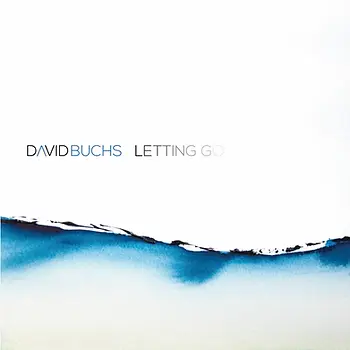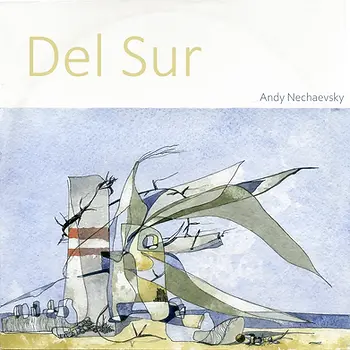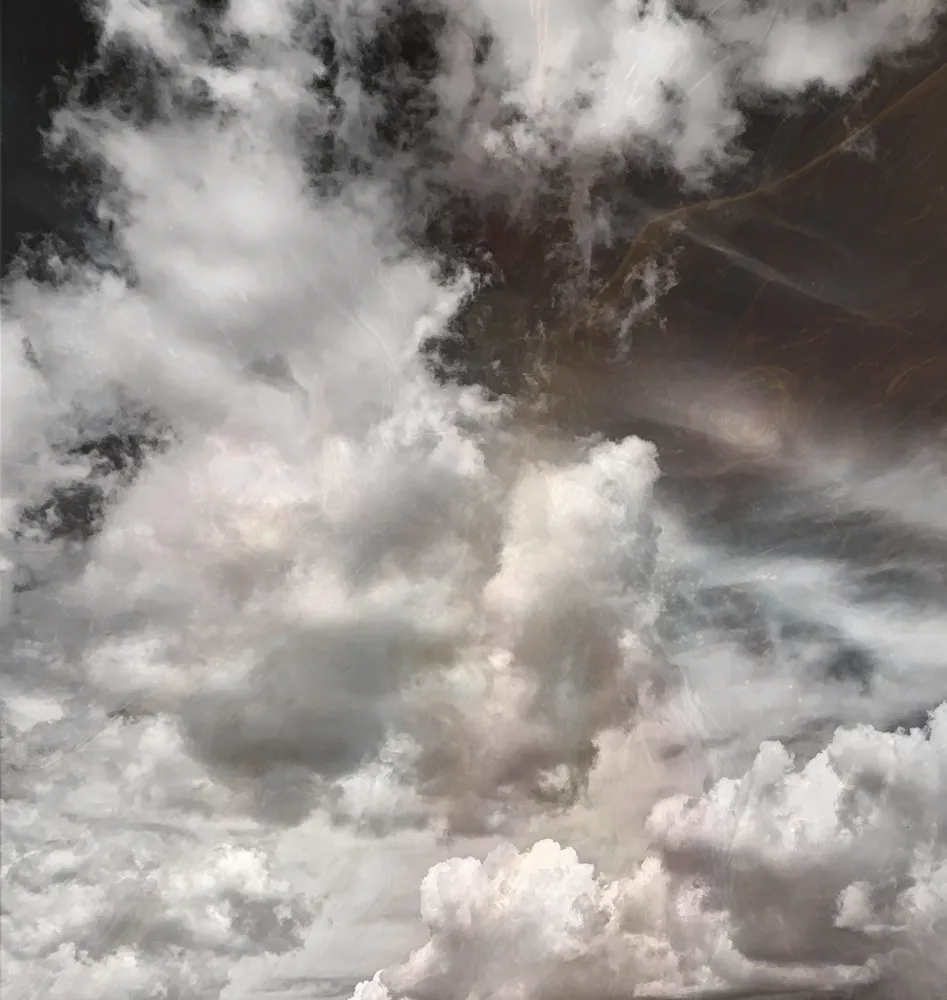
The cello, with its body roughly mirroring the size and resonance of the human form, is perhaps the most vocal of all instruments. Its vibrations evoke the essence of a human voice, rich and intimate. In the hands of a skillful performer, the cello doesn’t just play—it sings. This connection between instrument and voice is at the heart of David Buchs’ latest EP, Letting Go. Over the course of three deeply meditative tracks, Buchs transforms the cello into a vehicle for profound expression, inviting listeners into a soundscape that feels less like music and more like a whispered conversation with the soul.
The EP spans roughly fourteen minutes, yet it feels timeless, as though suspended in the air. Buchs combines meticulously designed ambient textures—crafted from analog synths and quartet samples—with the soft, velvety timbre of the cello. The result is an atmosphere that hovers between stillness and motion, like prayers carried on a gentle breeze. The cello here does not merely accompany; it breathes. It sings. Each note feels like a mantra, resonating with a meditative quality that gently envelops the listener.
The three tracks—“Letting Go,” “The Spirit Within,” and “Rest In My Love”—unfold like movements of a single composition. Each piece flows seamlessly into the next, their melodies interconnected by subtle variations and recurring themes. The music rises and falls like waves, creating a cyclical structure that feels infinite. Even after the final notes of “Rest In My Love” fade, the EP seems to loop back upon itself, blurring the boundaries between ending and beginning. It’s this quality—the ability to feel endless, like a mantra repeated in meditation—that makes Letting Go such a powerful and immersive experience.

Buchs composed this EP during his time as a Novitiate in the Order of the Contemplative Life, a period marked by deep spiritual reflection and transformation. This sense of introspection is palpable throughout the music. The ambient pads, rich with analog warmth, act as a foundation for the cello’s voice—a voice that sings with both vulnerability and grace. The quartet samples and moments of cello counterpoint lend a chamber-like intimacy to the EP, making it feel both expansive and personal.
Listening to all three tracks in succession is like embarking on a reflective journey. The music doesn’t demand attention; it invites it. It offers space to breathe, to think, to let go. Buchs has crafted an EP that feels as though it was made not just to be heard, but to be lived with. It’s music for moments of stillness, for early mornings or late nights, for anyone seeking a companion on their own journey of release and renewal.
In Letting Go, David Buchs has not only made the cello sing—he has made it whisper truths, carry prayers, and echo the contemplative silence of the soul. It is an album that can loop forever, a mantra for the ears and the heart.
#DavidBuchs #LettingGoEP #AmbientMusic #CelloMusic #MeditativeMusic #ContemplativeLife #AmbientOrchestration #ChamberMusic #MusicForTheSoul #MeditativeSounds #AnalogSynths #ReflectiveMusic #MantraMusic #InstrumentalMusic #AtmosphericVibes #MusicReview #NewEP #CalmingMusic #SpiritualJourney #Soundscapes







